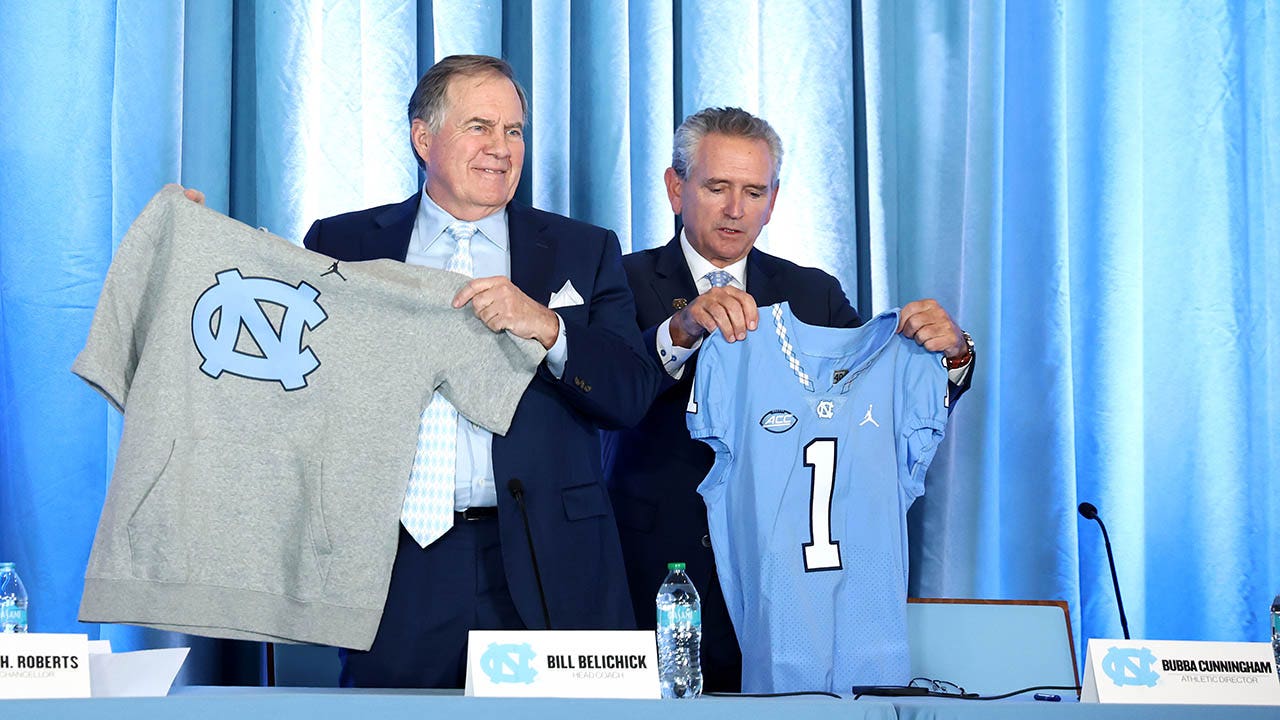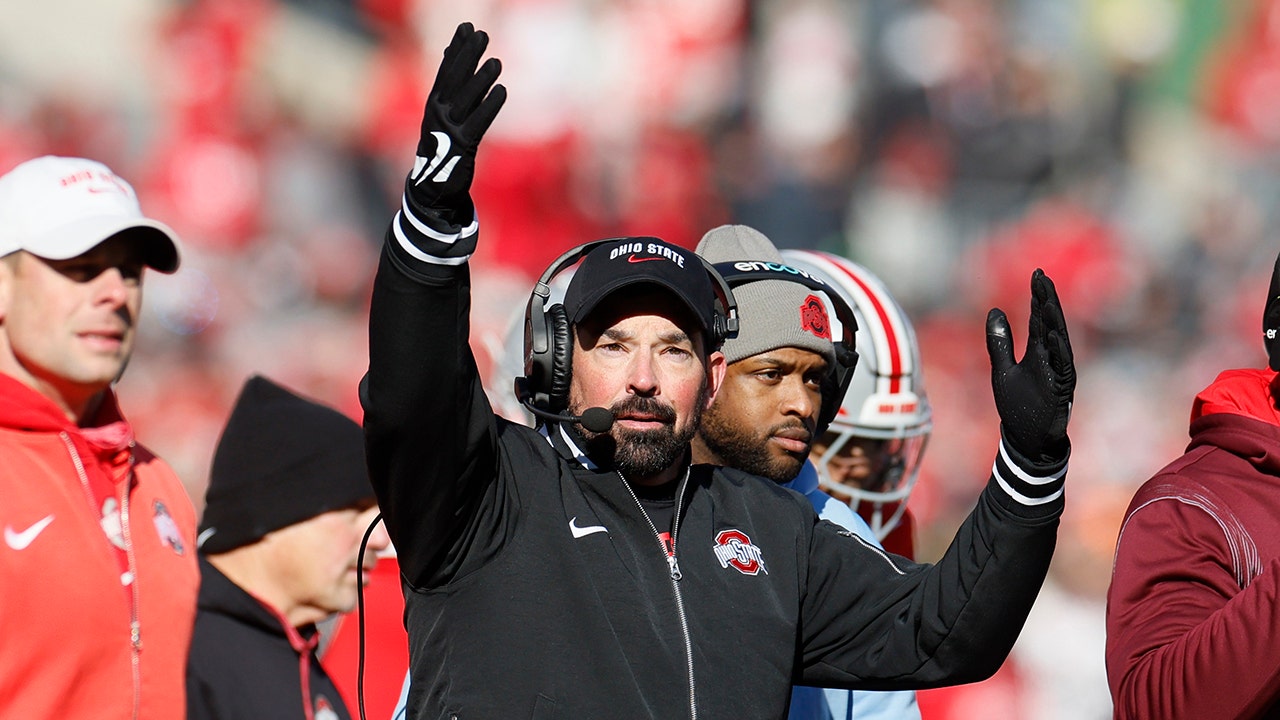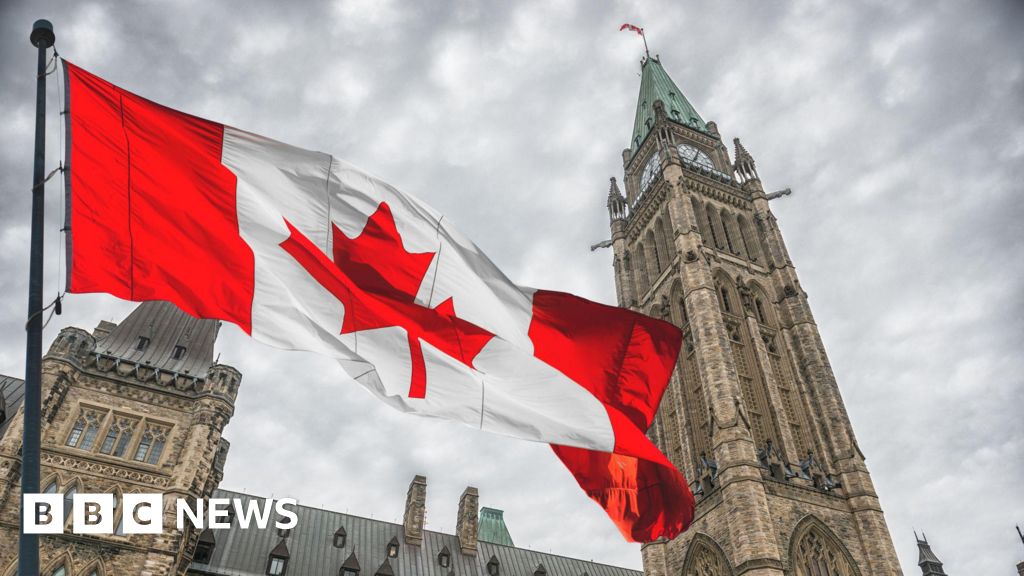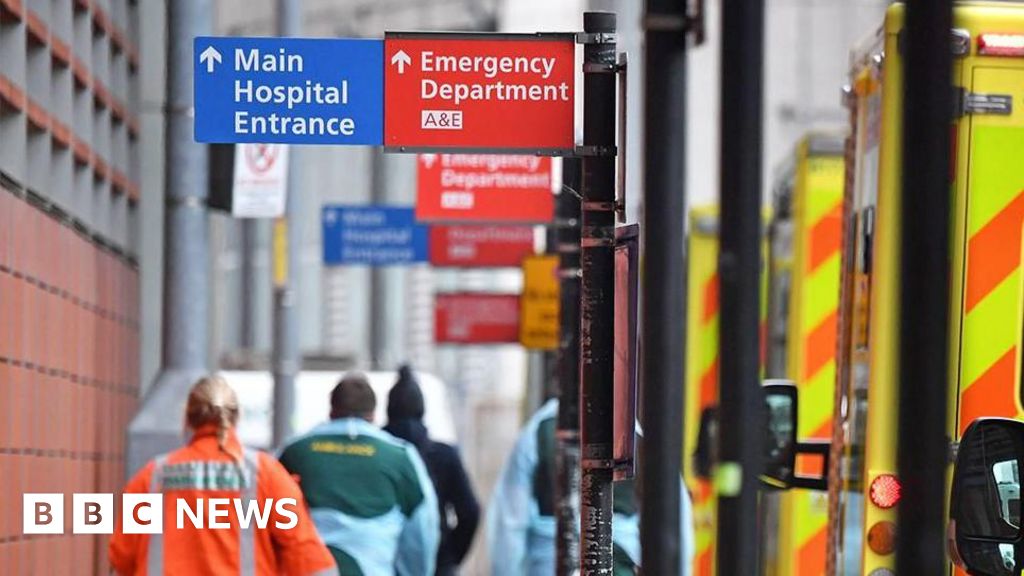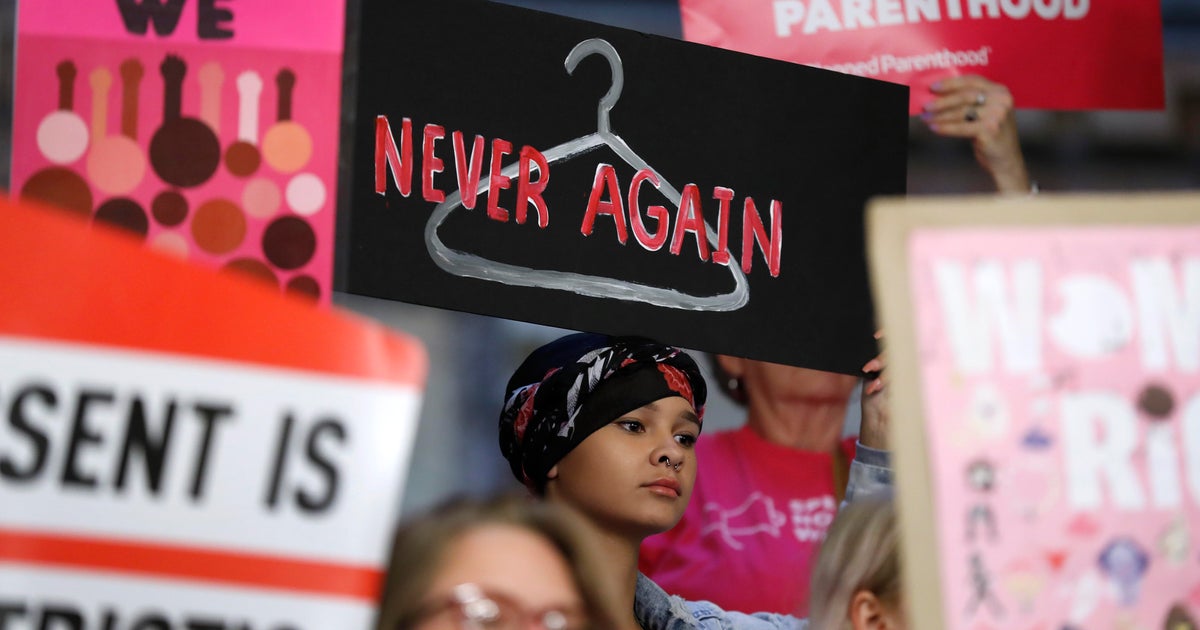The Iowa Supreme Court said Friday the state’s strict abortion law is legal, telling a lower court to dissolve a temporary block on the law and allowing Iowa to ban most abortions after about six weeks of pregnancy — before many women know they are pregnant.
The 4-3 ruling is a win for Republican lawmakers, and Iowa joins more than a dozen other states with restrictive abortion laws following the U.S. Supreme Court’s overturning of Roe v. Wade in 2022.
Currently, 14 states have near-total bans at all stages of pregnancy and three ban abortions at about six weeks.
The Iowa Supreme Court’s majority reiterated on Friday that there is no constitutional right to abortion. As the state requested, they instructed courts to assess whether the government has a legitimate interest in restricting the procedure, rather than whether there is too heavy a burden for people seeking abortion access.
Republican Gov. Kim Reynolds immediately released a statement celebrating the decision.
“I’m glad that the Iowa Supreme Court has upheld the will of the people of Iowa,” she said.
Chief Justice Susan Christensen emphatically delivered a dissent, writing: “Today, our court’s majority strips Iowa women of their bodily autonomy by holding that there is no fundamental right to terminate a pregnancy under our state constitution. I cannot stand by this decision.”
There are limited circumstances under the Iowa law that would allow for abortion after six weeks of pregnancy: rape, if reported to law enforcement or a health provider within 45 days; incest, if reported within 145 days; if the fetus has a fetal abnormality “incompatible with life”; or if the pregnancy is endangering the life of the patient. The state’s medical board recently defined rules for how doctors should adhere to the law.
The ruling previews the ending of a yearslong legal battle over abortion restrictions in Iowa that escalated in 2022 when the Iowa Supreme Court and then the U.S. Supreme Court both overturned decisions establishing a constitutional right to abortion.
Candace Gibson, director of state policy at the Guttmacher Institute, an organization that advocates for abortion access, said the ruling will force women seeking abortions to either leave Iowa, “navigate a self-managed abortion,” or carry an unwanted pregnancy to term.
“Upholding this six-week ban in Iowa is a shocking blow to Iowans’ reproductive autonomy,” Gibson said in a statement.
The Iowa law passed with exclusively Republican support in an one-day special session last July. A legal challenge was filed the next day by the American Civil Liberties Union of Iowa, Planned Parenthood North Central States and the Emma Goldman Clinic.
The law was in effect for a few days before a district court judge put it on pause, a decision that Reynolds appealed.
At the time, Planned Parenthood North Central States said it stayed open late and made hundreds of phone calls to prepare patients amid the uncertainty, rescheduling abortion appointments in other states for those who wanted. Court filings showed Iowa clinics had several hundred abortion appointments scheduled over two weeks last July, with most past the six-week mark in their pregnancies.
Since then, Planned Parenthood has ceased abortion services in two Iowa cities, including one in Des Moines. The other Des Moines location doesn’t currently have the capacity to serve patients seeking an abortion, so abortion medication and the procedure are being offered about 36 miles north in Ames.
Before Friday, Planned Parenthood providers had again been communicating with people seeking upcoming appointments about the potential outcomes of the high court’s decision, Masie Stilwell, the director of public affairs, told The Associated Press in early June. That included the possibility that abortion would no longer be legal for their circumstance and they would need to work with staff to reschedule in other states.
Abortion access stands to be a major issue in the 2024 election across the country, though it remains to be seen whether Friday’s decision will turn the tide in an increasingly red Iowa.
Iowa Democratic Party chair Rita Hart said Friday that Republicans “went too far” with the restrictive law, and “Iowa voters will hold them accountable this November.”











